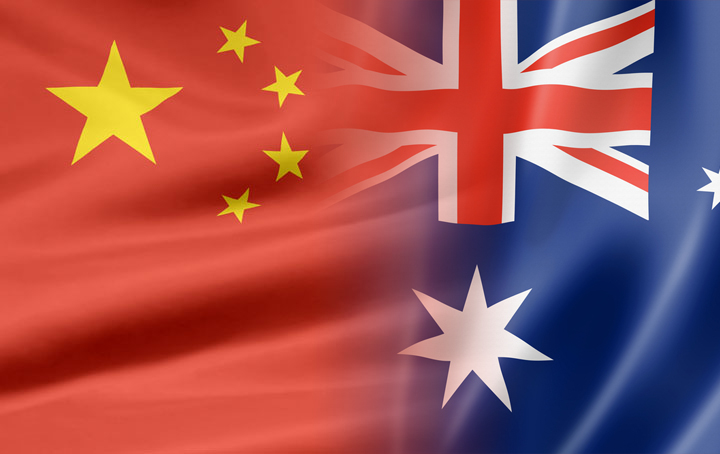Australia should make independent, sensible choices on China ties

Australian Prime Minister Scott Morrison on Wednesday published an article saying his country "desires an open, transparent and mutually beneficial relationship with China."
The remarks came as the Cold War mentality and ideological prejudice held by some Australian politicians have thrown China-Australia relations into an icy-cold situation.
From time and again making mistakes on issues concerning China's core interests like Hong Kong, Xinjiang and Taiwan, to groundlessly accusing China of engaging in "intervention and infiltration" activities in Australia, from politicizing the coronavirus to promoting a so-called "independent international inquiry," the Oceanian country has produced a string of serious difficulties that hinder bilateral relations.
However, instead of seriously reflecting on why the relationship keeps deteriorating, Canberra has chosen to shirk the blame and cast aside responsibilities.
"Our actions are wrongly seen and interpreted by some only through the lens of the strategic competition between China and the U.S.," said Morrison in the article.
"At all times we must be true to our values and the protection of our own sovereignty. These are our national interests," Morrison added.
This kind of self-justification is obviously untenable for anyone with a clear mind as Australia's recent political maneuvers against China can hardly be legitimized by "protecting one's own sovereignty or national interests."
In essence, Canberra's actions have constituted a blatant violation of the five principles of peaceful coexistence and widely-accepted international norms which guide the relations among countries.
By arguing "being forced to make a binary choice between China and the U.S." is not in Australia's national interest, Morrison described his country as a victim that has been suffering from a narrowing decision-making space in face of intensifying global tensions, regardless of the fact that Canberra is among those who keeps stoking the tensions.
In October, Australia decided to rejoin the military exercise Malabar 2020 to flex muscles in the Asian-Pacific region.
With other Five Eyes Alliance members, Australia has recently issued a joint statement on Hong Kong, interfering in China's interal affairs again.
The facts show that Australia has always enjoyed an extensive policy-making room, where, mournfully, too many wrong decisions have been made, especially in properly handling its contradictions with China.
China never denies that the two countries have different traditions, cultures as well as social systems, and they are at different development stages.
"It is perfectly normal for the two sides to have contradictions and differences. What matters is to properly manage them in a constructive manner, rather than imposing one's own ideas and wills on others under the pretext of safeguarding national interests and values," said Chinese Foreign Ministry Spokesperson Zhao Lijian.
History has proved a sound and stable China-Australia relationship is in the interest of both sides, especially when Australia's economy is slowly recovering from its first recession in 30 years.
In his article, the prime minister made some positive comments on the global influence of China's economic growth and China's poverty alleviation fight, offering a glimmer of hope for possible efforts to defrost Australia's ties with China.
China has never shut its door to Australia. What needed now is that the Australian side should show sincerity and take concrete actions.
It's earnestly hoped that Australia, "an independent sovereign state" as Mr. Morrison described in the article, will truly make independent, objective, sensible choices on its relations with China.